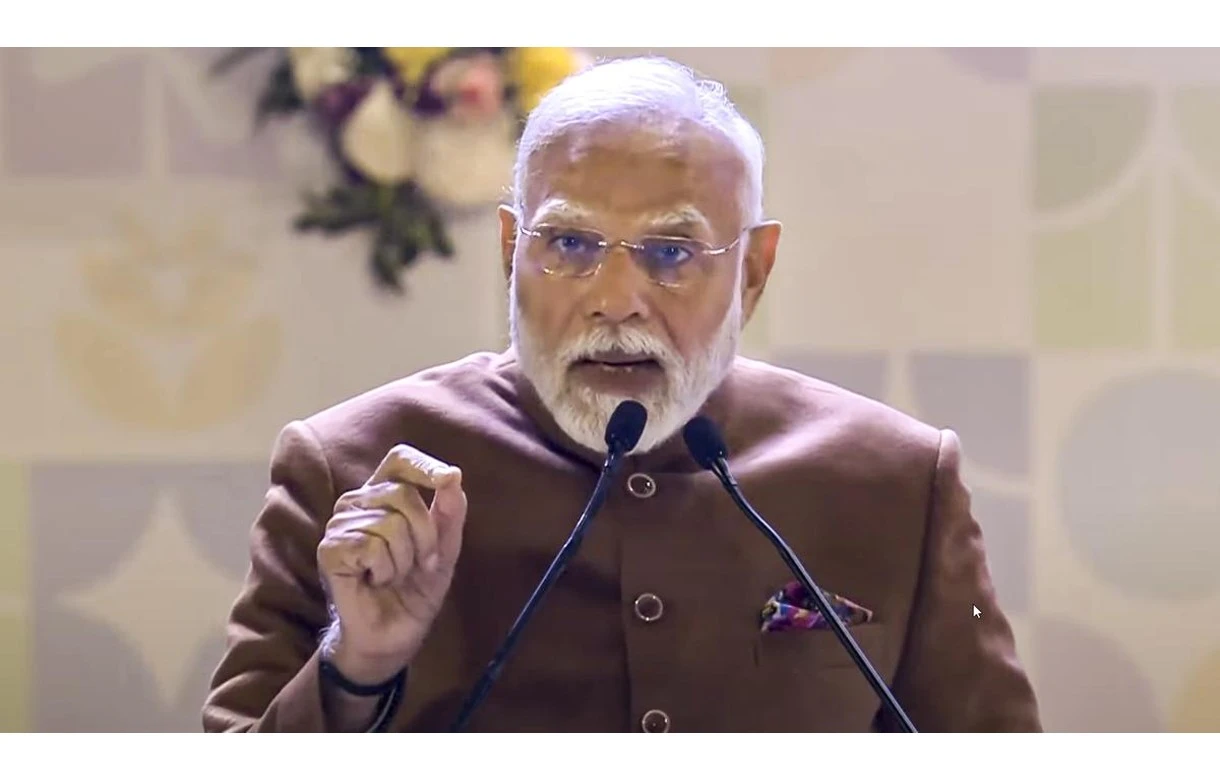India News
2008 Malegaon blasts: Col Purohit moves Supreme Court for bail

India News
Punjab AAP leader Lucky Oberoi shot dead in daylight attack in Jalandhar
AAP leader Lucky Oberoi was killed in a daylight shooting in Punjab’s Jalandhar after attackers fired multiple bullets at him while he was inside his car.
India News
Pariksha Pe Charcha 2026: PM Modi to interact with students at 10 am today
PM Modi will address students across India at 10 am today as part of Pariksha Pe Charcha 2026, focusing on stress-free examinations and learning.
India News
PM Modi accuses Congress of anti-Sikh bias over Rahul Gandhi’s ‘traitor’ remark
Prime Minister Narendra Modi accused Rahul Gandhi of targeting BJP MP Ravneet Singh Bittu with a ‘gaddar’ remark because of his Sikh identity while speaking in the Rajya Sabha.
-

 India News21 hours ago
India News21 hours agoManipur Assembly to meet at 4 pm today, floor test likely under new chief minister
-

 India News16 hours ago
India News16 hours agoPM Modi accuses Congress of anti-Sikh bias over Rahul Gandhi’s ‘traitor’ remark
-

 India News1 hour ago
India News1 hour agoPariksha Pe Charcha 2026: PM Modi to interact with students at 10 am today
-

 India News54 mins ago
India News54 mins agoPunjab AAP leader Lucky Oberoi shot dead in daylight attack in Jalandhar
-

 Latest world news37 mins ago
Latest world news37 mins agoBangladesh rushes to finalise US trade deal after India secures lower tariffs
















